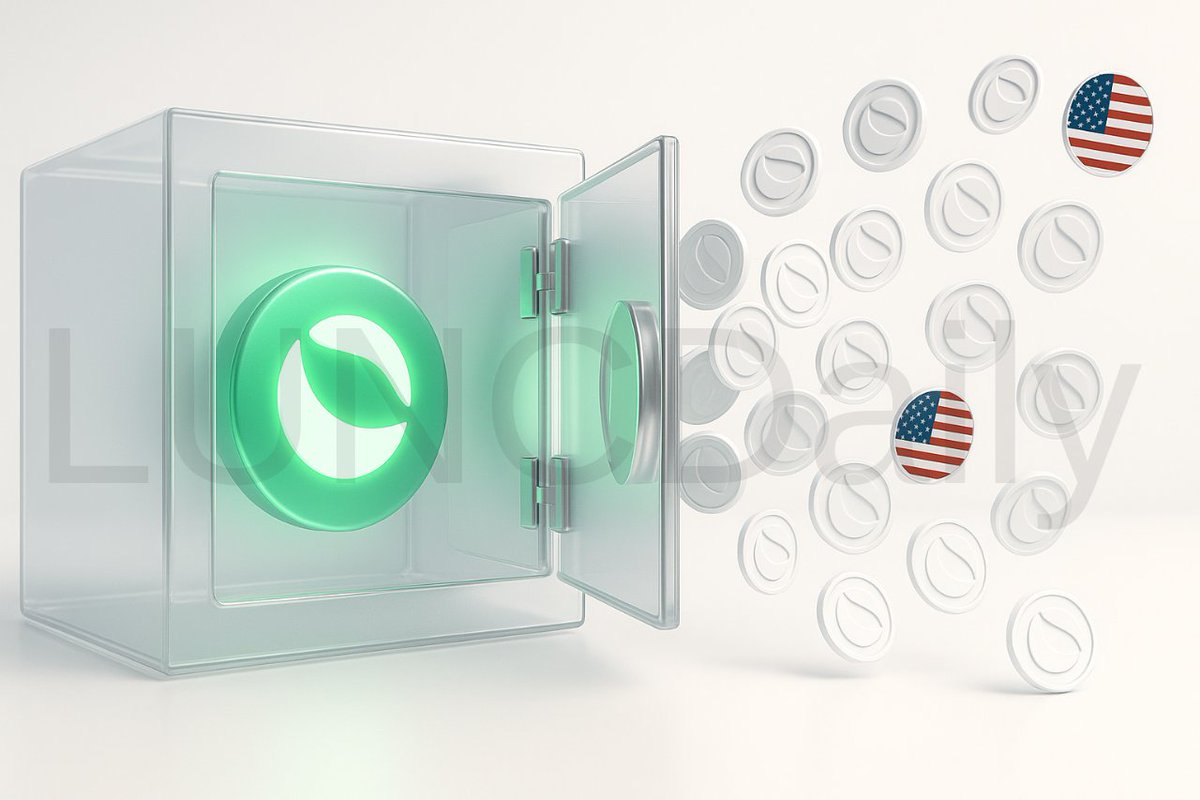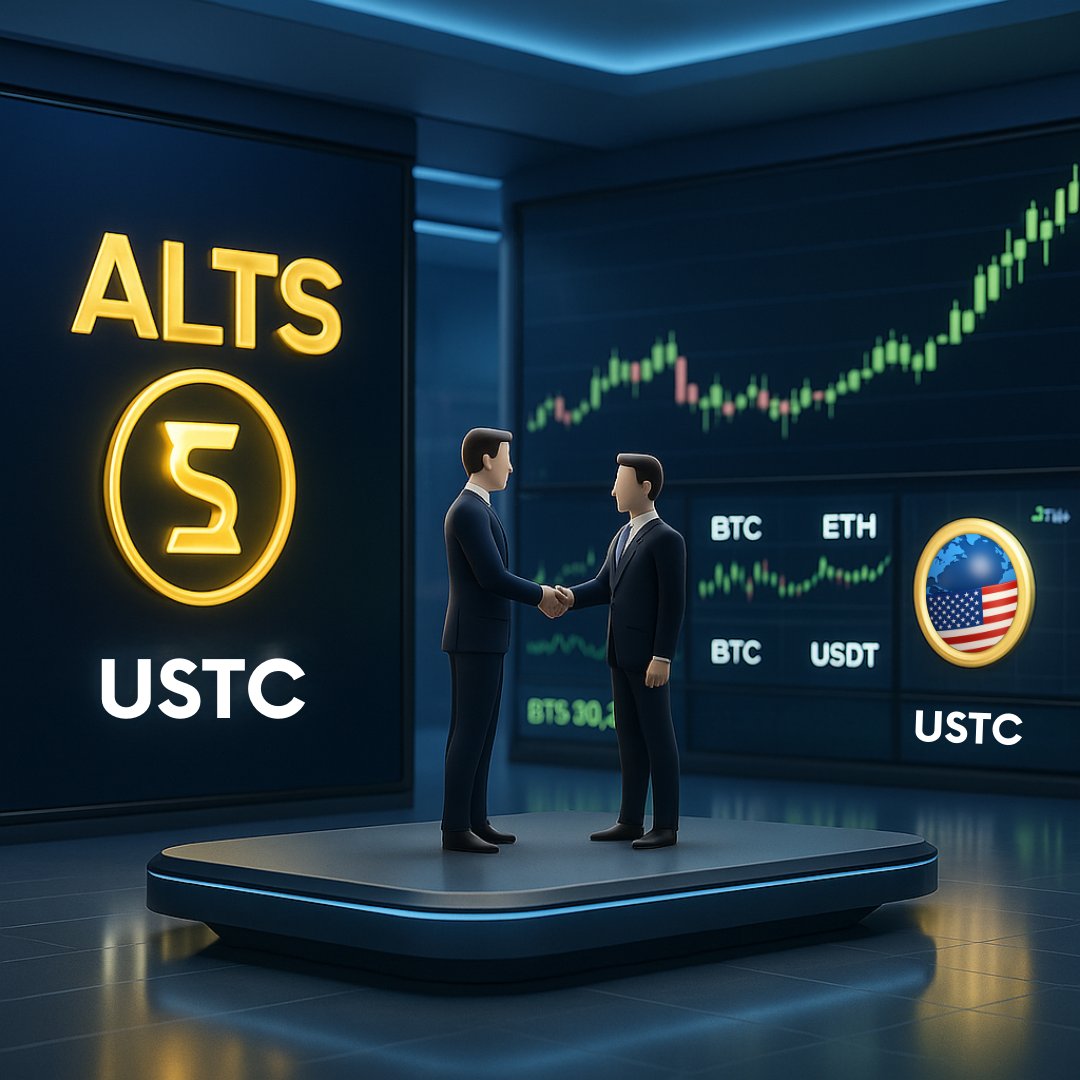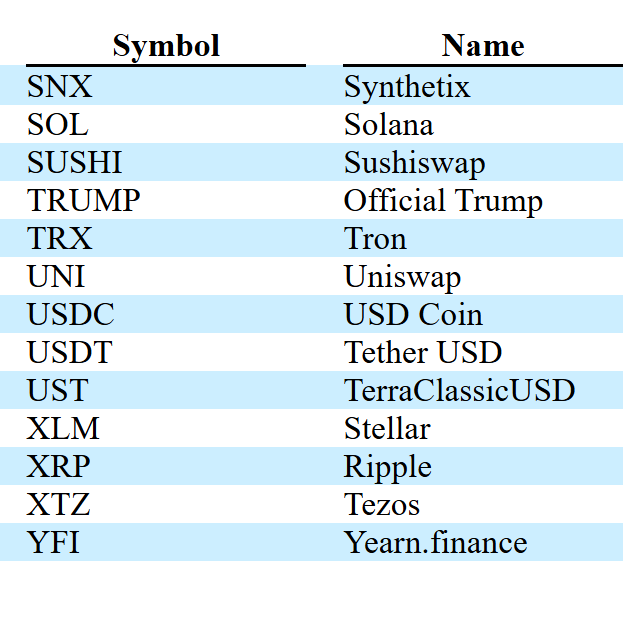Proposal: Fix Legacy Contracts by Core Upgrade
What does it mean for Terra Classic and why does it matter?
Let’s break it down
What does it mean for Terra Classic and why does it matter?
Let’s break it down

In 2022, the v2.1.0 upgrade broke many legacy CosmWasm contracts.
This affected pools that relied on querying tax rates or oracle exchange rates.
As a result, liquidity was locked and traders couldn’t fully use these pools.
This affected pools that relied on querying tax rates or oracle exchange rates.
As a result, liquidity was locked and traders couldn’t fully use these pools.
The new proposal introduces a small patch (~30–50 lines of code).
This would re-enable contract execution and restore access to:
1. Astroport pools
2. Some Terraswap pools
3. Many legacy tax-handling contracts
This would re-enable contract execution and restore access to:
1. Astroport pools
2. Some Terraswap pools
3. Many legacy tax-handling contracts
Example of locked liquidity today:
LUNC/USTC: ~700M LUNC, ~6M USTC
bLUNA/LUNC: ~150M LUNC
MIR/USTC: ~6M USTC
ASTRO/USTC: ~3.9M USTC
kUST/USTC: ~2.9M USTC
Across 465 Astroport contracts: ~959M LUNC + ~27.4M USTC
LUNC/USTC: ~700M LUNC, ~6M USTC
bLUNA/LUNC: ~150M LUNC
MIR/USTC: ~6M USTC
ASTRO/USTC: ~3.9M USTC
kUST/USTC: ~2.9M USTC
Across 465 Astroport contracts: ~959M LUNC + ~27.4M USTC
Positive impact if passed:
Liquidity returns to the chain
Tokens become usable again
Contracts work without migration
Liquidity returns to the chain
Tokens become usable again
Contracts work without migration
Risks:
Pools are imbalanced, bots will quickly arbitrage.
The LUNC/USTC pool trades at ~2× fair value.
Could cause sharp short-term swings in LUNC and USTC prices.
Pools are imbalanced, bots will quickly arbitrage.
The LUNC/USTC pool trades at ~2× fair value.
Could cause sharp short-term swings in LUNC and USTC prices.
Other concerns:
Arbitrage profits go to bots, not long-term holders.
Public perception: seen as “unlocking” supply, even though it was always meant to be accessible.
Liquidity providers can’t exit early before patch.
Arbitrage profits go to bots, not long-term holders.
Public perception: seen as “unlocking” supply, even though it was always meant to be accessible.
Liquidity providers can’t exit early before patch.
Why not just refund LPs directly?
Technically unfeasible.
Would require thousands of transactions during upgrade.
Risky, complex, and could miss funds.
Technically unfeasible.
Would require thousands of transactions during upgrade.
Risky, complex, and could miss funds.
So what are the options?
1. Fix contracts by core upgrade
2. Leave everything as is
3. Migrate each contract manually
1. Fix contracts by core upgrade
2. Leave everything as is
3. Migrate each contract manually
The proposal argues the patch is the cleanest fix.
Yes, bots may capture early gains, but this will rebalance pools and restore normal trading.
Yes, bots may capture early gains, but this will rebalance pools and restore normal trading.
Bottom line:
This isn’t about creating new liquidity.
It’s about restoring access to nearly 1B LUNC and millions of USTC locked since 2022.
This isn’t about creating new liquidity.
It’s about restoring access to nearly 1B LUNC and millions of USTC locked since 2022.
Proposal: Fix Legacy Contracts by Core Upgrade
What do you think, should Terra Classic pass this?
What do you think, should Terra Classic pass this?
Read : luncdaily.com/terra-classic-…
Support Our Work
Delegate with us: station.terra.money/validator/terr…
Purchase $MIOFF: vyntrex.io/market/terra1l…
Stay Updated
Join our community: t.me/lunc_daily
Latest News: t.me/orbitwire
Support Our Work
Delegate with us: station.terra.money/validator/terr…
Purchase $MIOFF: vyntrex.io/market/terra1l…
Stay Updated
Join our community: t.me/lunc_daily
Latest News: t.me/orbitwire
• • •
Missing some Tweet in this thread? You can try to
force a refresh






